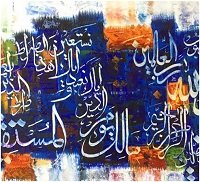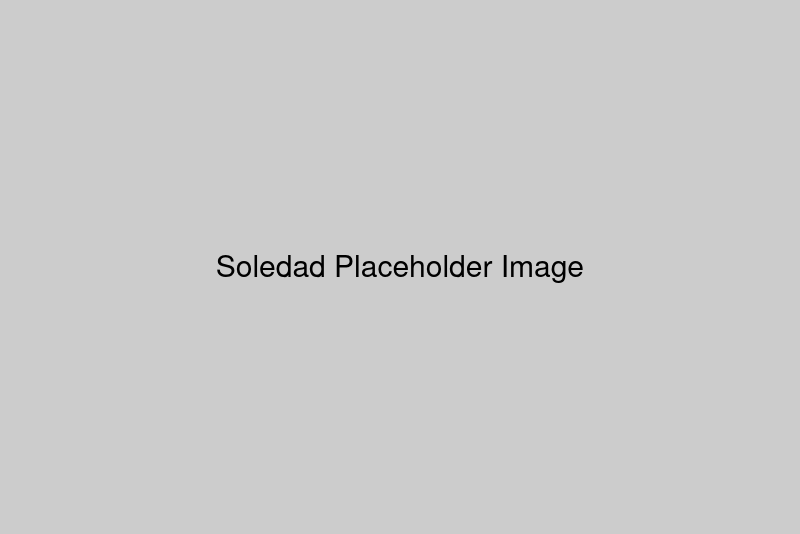Question:
Assalamualaikum mufti sb. I was raised by my parents to believe certain things like, don’t cut nails after dark. Or don’t drink milk in same meal as eating fish. Also don’t take bath straight after eating. Another thing is if your chappal is upside down on the floor, you should turn it over – straight away. Is there any Islami basis for these things or do you think this is nothing more than generally old Gujarati mothers’ tales? Jazakallah for your clarification. I want to teach my children as my parents taught me but want to teach the right (correct) things. Inshallah
Answer:
In the Name of Allāh, the Most Gracious, the Most Merciful.
As-salāmu ʿalaykum wa-raḥmatullāhi wa-barakātuh.
The defining characteristic of a parent is their overwhelming love for their children.[1] As a result, they constantly advise their children on every aspect of life, usually without clarifying whether the instruction is religious, based on experience, or simply general advice.
It is unclear from the question whether the things mentioned were expressed to you as religious instruction or general advice. However, it seems to us that:
- Not cutting nails after dark was presented as religious advice. This does not have any Islamic basis.[2]
- Turning over an upside-down sandal immediately does not have any Islāmic basis.[3] At most, it may be considered poor etiquette in some cultures because the sole of the shoe is usually dirty.
- Although Ibn al-Qayyim raḥimahullāh mentions that Rasūlullah ﷺ never ate fish and milk together[4], it is apparent from the discussion that Ibn al-Qayyim is trying to derive medical principles rather than stating that it is prohibited. Advice in this regard is most likely general and not religious in nature because the belief that eating fish and milk causes vitiligo is widespread in the Indian subcontinent and beyond.[5] It is up to you to determine whether you feel that it is harmful or not to mix fish and milk, and there is no religious instruction in this regard.
- Not taking a shower after eating is also most like general advice and not religious in nature.[6] It is up to you to determine what is the best practice in this regard.
And Allāh Taʿālā Knows Best
Muftī Mohammed Wahaajuddin
Farmington Hills, Michigan, USA
Checked and Approved by:
Muftī Faisal bin Abdul Hamīd al-Mahmūdī
Darul Iftaa Canada (www.fatwa.ca)
قال الله تعالى: {وَوَصَّيْنَا الْإِنسَانَ بِوَالِدَيْهِ حَمَلَتْهُ أُمُّهُ وَهْنًا عَلَىٰ وَهْنٍ وَفِصَالُهُ فِي عَامَيْنِ أَنِ اشْكُرْ لِي وَلِوَالِدَيْكَ إِلَيَّ الْمَصِيرُ} سورة لقمان: ١٤
الأدب المفرد، باب جزاء الوالدين، ص ١٦، رقم ١١#، دار الصديق
عن أَبِي بُرْدَةَ أَنَّهُ شَهِدَ ابْنَ عُمَرَ رضي الله عنه وَرَجُلٌ يَمَانِيٌّ يَطُوفُ بِالْبَيْتِ حَمَلَ أُمَّهُ وَرَاءَ ظَهْرِهِ يَقُولُ:
إِنِّي لَهَا بَعِيرُهَا الْمُذَلَّلُ إِنْ أُذْعِرَتْ رِكَابُهَا لَمْ أُذْعَرِ
ثُمَّ قَالَ يَا ابْنَ عُمَرَ أَتُرَانِي جَزَيْتُهَا قَالَ لا وَلا بِزَفْرَةٍ وَاحِدَةٍ
رد المحتار، كتاب النكاح، باب الولي، ج٣ ص٥٤، سعيد
الأب له ولاية في الجملة، وله حق الاعتراض لو الزوج غير كفء، وله كمال الشفقة
الفتاوى الهندية، كتاب الكراهية، باب التاسع عشر في الختان والخصاء وحلق المرأة شعرها ووصلها شعر غيرها، ج٥ ص٣٥٨، دار الكفر
حكي أن هارون الرشيد سأل أبا يوسف – رحمه الله تعالى – عن قص الأظافير في الليل فقال ينبغي فقال ما الدليل على ذلك فقال قوله – عليه السلام – «الخير لا يؤخر» كذا في الغرائب.
زاد المعاد، فصل في أغذيته ﷺ وعدم الشرب والأكل، ج٤ ص٣١٩، عطاءات العلم
ومن تدبر أغذيته – صلى الله عليه وسلم – وما كان يأكله وجده لم يجمع قط بين لبن وسمك، ولا بين لبن وحامض، ولا بين غذاءين حارين، ولا باردين، ولا لزجين، ولا قابضين، ولا مسهلين، ولا غليظين، ولا مرخيين، ولا مستحيلين إلى خلط واحد، ولا بين مختلفين كقابض ومسهل، وسريع الهضم وبطيئه، ولا بين شوي وطبيخ، ولا بين طري وقديد، ولا بين لبن وبيض (٣)، ولا بين لحم ولبن
https://healthwire.pk/healthcare/is-it-safe-to-drinking-milk-after-eating-fish/
https://askimam.org/public/question_detail/13952
https://www.healthline.com/health/showering-after-eating




